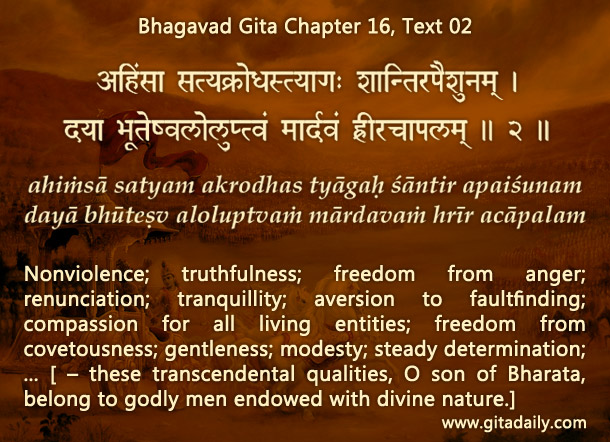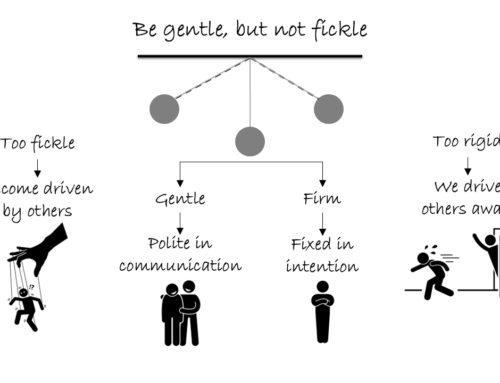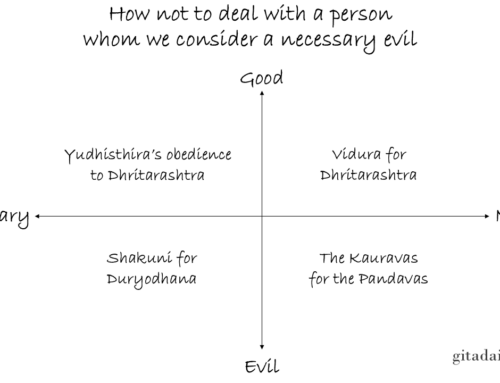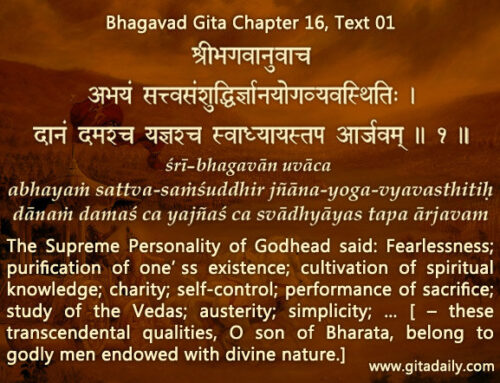Three reasons for differences of opinion
Differences in opinion can often lead to conflict, especially in today’s hyper-individualistic age. The tendency now is to view such differences as signs of incompatibility, leading people to prematurely end relationships. In more traditional, conservative cultures, however, people often went to the other extreme—suppressing their differences, with one person dominating while the other tolerated in silence. These approaches represent extremes in relationship management.
The first extreme leads to an explosion that disrupts the relationship, while the second results in an implosion, leaving the relationship a hollow shell without any substance. To deal with differences of opinion constructively and effectively, it’s useful to understand that not all differences are the same.
Differences can be understood by categorizing them based on their causes, summarized by the acronym PAT: Priorities, Abilities, and Trustworthiness.
Priority: Sometimes, people clash because they have different priorities. They each consider different things important and may want to use the same resource for different reasons. For example, parents may differ in their opinions about buying an expensive toy for their child. One parent may want to teach the child contentment and joy in simple things, while the other may want to avoid depriving the child of something they themselves missed growing up, viewing it as a lack of love. In such cases, candid conversations can help decide which priority to focus on now and which to prioritize later.
Ability: Conflicts can also arise when two people each feel they have the better ability to handle a situation, leading to a disagreement on whose approach should be followed. This may require objective measures to evaluate whose ability is best suited for the situation. For instance, in a cricket match, two players might both want to bowl the final over, believing they are better equipped for the challenge. Often, a third person needs to make the decision or both parties must examine track records objectively. Experience and time may ultimately be the deciders, with one person agreeing to give way now while the other agrees to do so in the future. Such conflicts may cause temporary hard feelings but can be resolved over time if both parties share the same goal.
Trustworthiness: Differences rooted in doubts about each other’s intentions are particularly hard to resolve. When someone’s integrity is questioned, it creates a wound that may take a long time to heal, if it heals at all. Even if suspicions are proven wrong, the mistrust leaves a lasting scar. Although some people may indeed have self-serving or even malicious intentions, jumping to conclusions can be more damaging in most cases than the rare instances where suspicions are warranted. Hence, it’s wise to avoid assuming the worst about someone’s intentions and even wiser to keep such suspicions private. This principle is echoed in the Bhagavad Gita, which highlights an aversion to fault-finding as a godly quality.
Summary:
- When differences of opinion arise, we should avoid the extremes of assuming they are either insurmountable (thus ending the relationship) or inconsequential (ignoring legitimate concerns).
- A balanced approach involves recognizing that differences may stem from various causes and may thus require different responses.
- Differences can arise due to priorities, abilities, or trustworthiness. Candid conversations can help with prioritizing, while objective evaluations and experience can help resolve differences in abilities. In cases where trustworthiness is questioned, caution and patience are essential.
Think It Over:
- What are two unhealthy extremes in dealing with differences of opinion in relationships?
- What are the three broad causes of differences of opinion, and what are the corresponding ways to address them?
- Contemplate a difference of opinion you have or recently had with someone. Analyze which of these causes applies and formulate an appropriate strategy for addressing that difference.
***
16.02 Nonviolence; truthfulness; freedom from anger; renunciation; tranquillity; aversion to faultfinding; compassion for all living entities; freedom from covetousness; gentleness; modesty; steady determination; … [– these transcendental qualities, O son of Bharata, belong to godly men endowed with divine nature.]





Leave A Comment